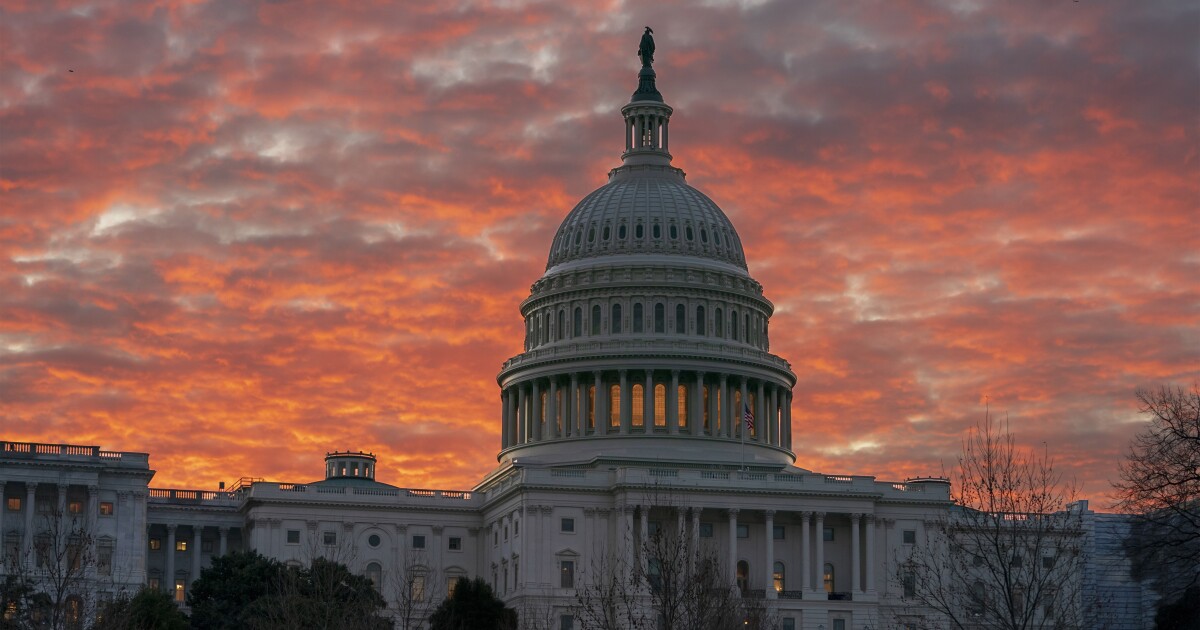

After President Joe Biden signed the debt limit increase over the weekend, lawmakers are now turning their attention back to critical issues placed on hold during negotiations to raise the government’s borrowing limit. Here are a couple of high-priority items Congress must tackle in the coming months:
Government funding
The debt ceiling proposal that was passed gives the federal government more borrowing authority; it doesn’t, by itself, give the government authority to spend more money. The debt ceiling deal included a pledge for members of Congress to finish the 12 annual appropriations bills for fiscal 2024 by Jan. 1, 2024. This was a key selling point for staunch fiscal conservatives. This will be a heavy lift, considering it hasn’t been accomplished since 1997, and has often leaned on continuing resolutions to keep the government funded instead. The Fiscal Responsibility Act of 2023 calls for an automatic 1% cut on discretionary spending if Congress fails to pass the 12 bills before the deadline.
NASA TARGETING MONDAY LAUNCH FOR ISS RESUPPLY MISSION
The agreement already set top-line budgeting numbers for the appropriations process for the next fiscal year, which begins in October. However, some Republicans have already hinted they may attempt to extract additional spending concessions from Democrats.
Will there be a supplemental defense bill?
The debt ceiling deal that passed in both chambers limits Pentagon spending for the next two years, but lawmakers on both sides of the aisle are already looking for ways to boost that funding anyway.
The 99-page agreement limits overall national security spending in fiscal 2024 to $886 billion, which is roughly a 3% increase from current levels. In fiscal 2025, defense spending would be capped at $895 billion, a 1% increase from the previous year. The cuts were a major point of contention for defense hawks like Sen. Lindsey Graham (R-SC), who advocated spending increases to deter Chinese aggression and to pass emergency aid packages for Ukraine.
Graham was able to secure a promise from Senate leadership that would be an effort to pass a stand-alone bill with additional defense spending. It’s unclear what exactly the bill will look like and whether House Republicans will get behind it. In 2022 and 2023, lawmakers increased defense spending by more than $20 billion each year. Previously, the Pentagon used “Overseas Contingency Operations” funding for the last 10 years to boost funding to avoid budget caps put in place by lawmakers.
Biden is expected to request additional funding later this summer to support Ukraine once the $48 billion lawmakers already approved last year is used up. The request from Biden could also be a vehicle to tack on a broader range of military spending that was left behind in the debt ceiling bill.
More clashes over SNAP in farm bill
As lawmakers in both chambers begin working on the farm bill reauthorization, there is expected to be another contentious fight over the Supplemental Nutrition Assistance Program. In the new debt ceiling bill, GOP lawmakers added new work requirements that include increasing the age in which SNAP beneficiaries would need to provide proof of work to 54 years old. The deal also included some exceptions for veterans, the homeless, and adults aged 18 to 24 previously in foster care.
The full House Agriculture Committee is holding its first hearing on the matter this week. Progressive Democrats objected to the new work requirements, and they argued Republicans spread false claims about those who utilize SNAP during the debt talks. Some Republicans are eager to push for even stricter work requirements in the farm bill after they weren’t happy with the compromise in the debt ceiling agreement.
Making matters even more complicated, the nonpartisan Congressional Budget Office found the new work requirements inadvertently would boost spending by $2.1 billion. This happened as a result of the exemptions for veterans and people experiencing homelessness because it would expand food stamp rolls by 78,000 people monthly.
Senate Agriculture Committee Chairwoman Debbie Stabenow (D-MI) said she doesn’t believe there will be a push from Democratic Senators to revisit this issue in the farm bill.
“All four corners are indicating this issue is dealt with. We have a lot of other work to do on the farm bill, a lot other important things,” Stabenow said speaking with reporters on Wednesday last week. “This has been litigated and has been addressed by Congress. It is one less thing we have to negotiate.”
Confirmations
While Senate leadership has continued to confirm judicial nominations, others have been put on the back burner during debt limit discussions. There are major questions about Julie Su’s nomination to become secretary of labor. In April, she was voted out of committee, but Senate Majority Leader Chuck Schumer (D-NY) has yet to schedule a full Senate vote to confirm her.
CLICK HERE TO READ MORE FROM THE WASHINGTON EXAMINER
The nomination appears to be in jeopardy after Sen. Joe Manchin (D-WV) told the Biden administration he has deep reservations about her, according to sources with knowledge of the matter. Manchin’s opposition, combined with one other Democratic defection, could halt Su’s confirmation. She needs at least 50 votes in the Senate, in which Democrats have a slim 51-49 hold over Republicans.
It’s unclear where other Democratic centrists, such as Sens. Mark Kelly (D-AZ) or Jon Tester (D-MT) and Angus King (I-ME), stand on Su’s nomination. Manchin, Sen. Kyrsten Sinema (I-AZ), King, Kelly, and Tester all supported her for the deputy post in 2021. If her nomination doesn’t move forward, it will represent the third failed Biden nomination this year, which can be traced back to a few Democrats facing tough reelection races in 2024.




